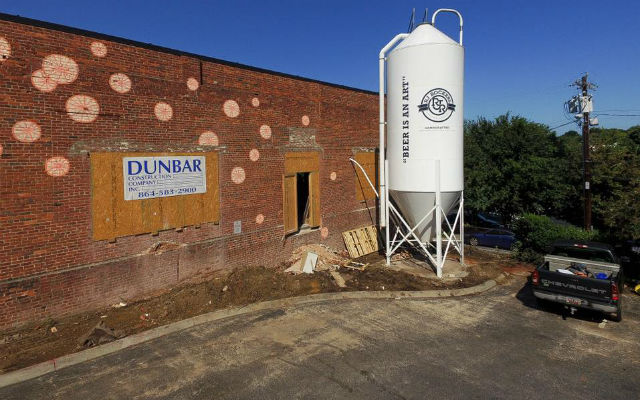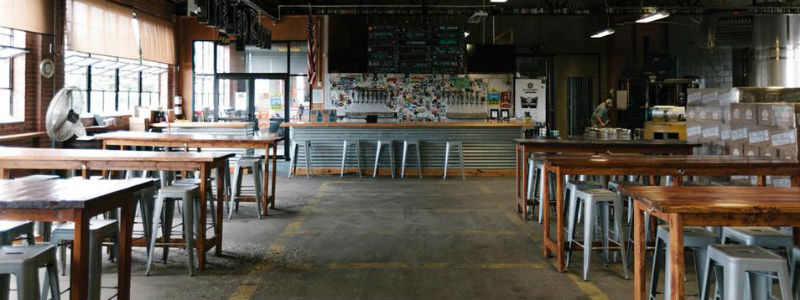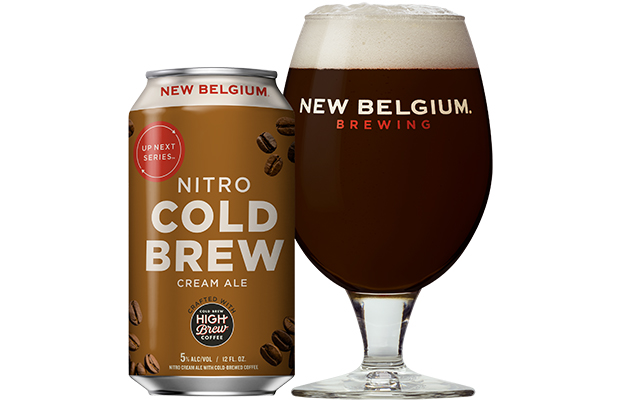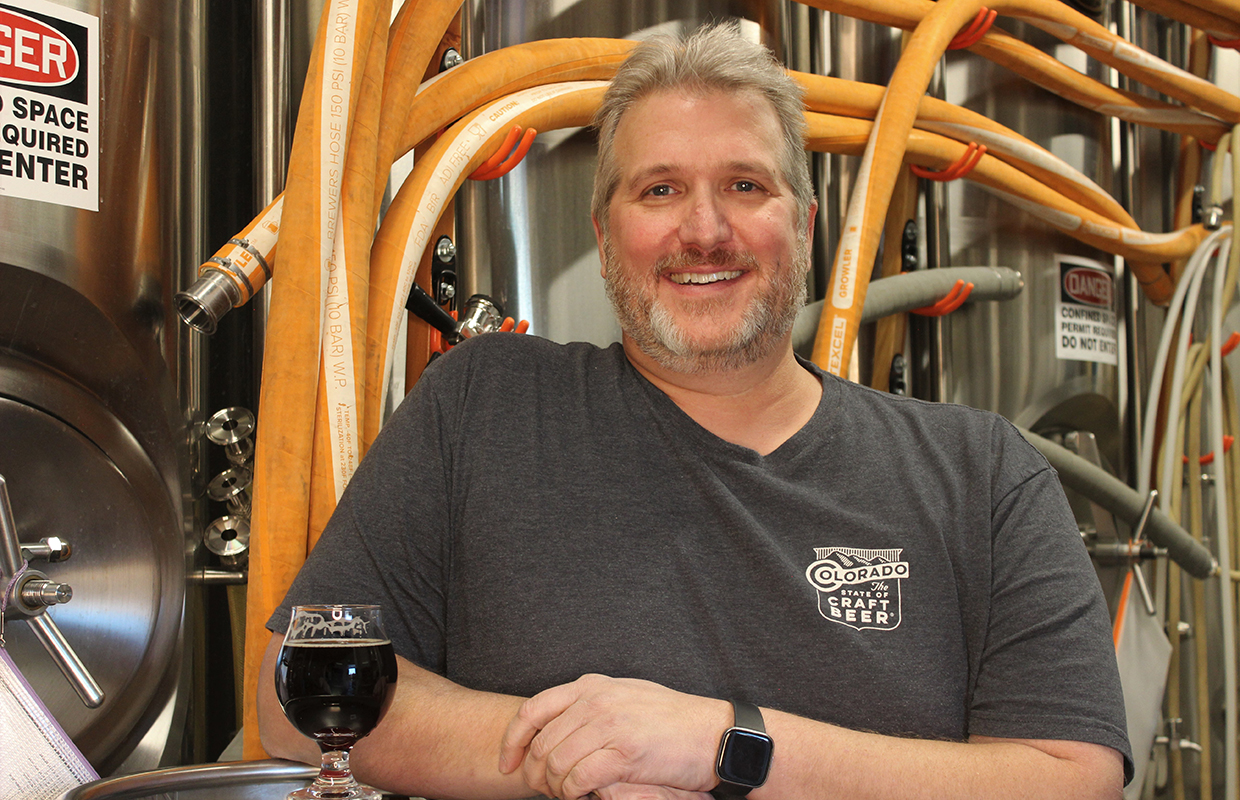
The numbers have shown that staying close to home is the key and RJ Rockers Brewing is responding. The production brewery with a taproom that started as a brewpub originally in 1997 is heading back into that direction after seeing seeing how the landscape of craft beer is shifting. The brewery recently announced a $1M investment into adding a kitchen to the 40,000 square foot facility they are currently at and hope to be functioning by December.
Traveling around and seeing what brewery partner John Bauknight called “brewery experiences,” he and the ownership team saw a need to switch gears toward making the headquarters in Spartanburg, South Carolina a main focus over distributing its beer through parts of the Southeast where sales have sagged.
Bauknight pointed to Sierra Nevada’s east coast facility as a way to draw in consumers.
“It’s incredible,” he said. “I walked out of there and I knew that this would be our model going forward and how we can be successful is to rock our boat a bit and change our business plan.”
The brewery’s volume has decrease — about 20 percent over the last 2-plus years — but the brewery’s taproom has gone exponentially the other direction, increasing sales by 400 percent over the last 18 months under new state laws.
“Financially speaking, the brewery is doing very well, which makes us feel fortunate,” Bauknight said. “The legal changes … if we look back in 10 years, it may be out ‘get out of jail free’ card.”
The brewery is calling the new spot in the current building The Silo in hopes of adding an experience for consumers, who might stay for one more beer and a bite to eat rather than sample and leave quickly.
“We have tried to be conscious to make the focus still be about the brewery and food will be an extension,” Bauknight pointed out saying he still valued the local restaurants in Spartanburg and doesn’t want to compete as a restaurant, more of a place that offers food, but more importantly the liquid in the tanks.
“Having this space will give people the best of both worlds,” he envisioned, pointing out that right now about 20 percent of the brewery’s revenue comes from the taproom. “They can hang out in the brewery and we have a captive audience.
“Our theory is for consumers to have a wonderful food experience that is tied to the beer, which is still our main focus.”
Bauknight shared with Brewer that the brewery just made the decision not to replace a sales position in Atlanta, and although they are saving money, it’s frustrating.
“We think we could sell a lot of beer in Georgia,” he said. “Especially when your flagship is called Son of a Peach. It’s hard to get traction when you are competing with 500-plus SKUs. If you don’t have a lot of people on the street, it’s hard to sell it.
“The distribution model is strange and parts are out of your control. You can’t ramp it and grow it like I’m used to and I think we missed the bus along the line. Both us and Cigar City were around 6,000 barrels in 2012 and we didn’t get the foot on the gas. Same with SweetWater, we have known Freddy for a while and it’s great to see what they have done. But we have a new business model and I hope in five years we’ll have multiple locations and kicking some butt.”







Be the first to comment